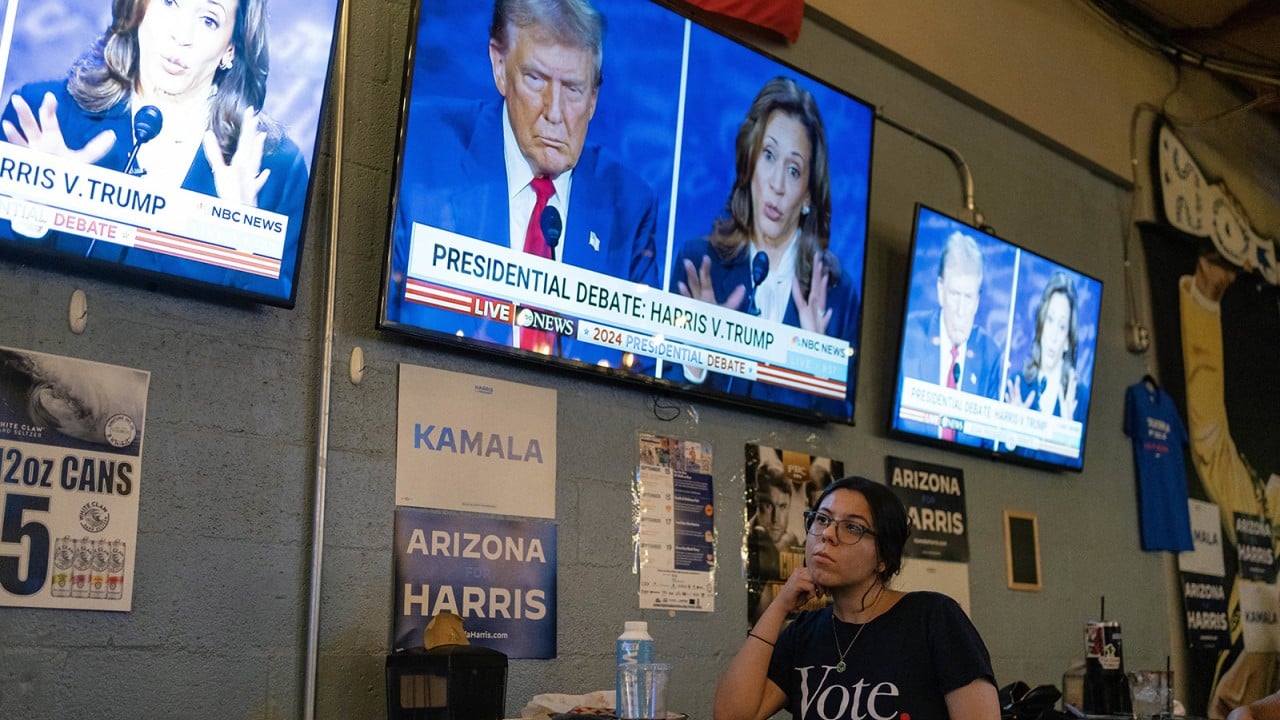The “Gilpin dilemma”, an essential concept in international relations theory, stems from the analysis of hegemonic stability theory by American scholar Robert Gilpin. It illustrates the long-term challenges faced by a hegemonic power as it plays a leading role in maintaining international order. The hegemon shoulders the burden of providing global public goods at great cost.
Advertisement
Over time, however, the cost of sustaining the international status quo can exceed the benefits, creating a discrepancy between the hegemon’s power and its commitments. In such a situation, the hegemonic power can face the dilemma of balancing the provision of global public goods and constraints on its resources. The Gilpin dilemma also applies to the shifting influence in the international monetary system.
The 2024 US presidential election is likely to be one of the most fiercely contested in recent American history. This also fundamentally reflects the challenges the country faces in navigating its strategic choices amid the Gilpin dilemma.
While both major political parties aim to preserve US hegemony and safeguard core national interests, their divergent strategies are likely to produce different outcomes. Democratic Party nominee and US Vice-President Kamala Harris is expected to largely continue US President Joe Biden’s multilateral approach, aiming to uphold the existing global order and maintain the role of public goods provider.
In contrast, the unilateralism of former US president Donald Trump – the Republican Party’s nominee – seeks to scale back this role, highlighting a divergence in strategies on how to sustain US hegemony. The provision of global public goods spans political, economic and military dimensions, but at its core lies the calculus of maintaining the dominance of the US dollar and maximising the benefits of the dollar’s status while managing the costs of upholding this position.
From the perspective of foreign and military policy, Biden advocates strengthening international cooperation with allies and reinforcing the US position in global institutions. His aim is to preserve the stability of the global financial system and support the dollar-centric international monetary framework. In contrast, Trump favours reducing US engagement in international organisations and key agreements.

